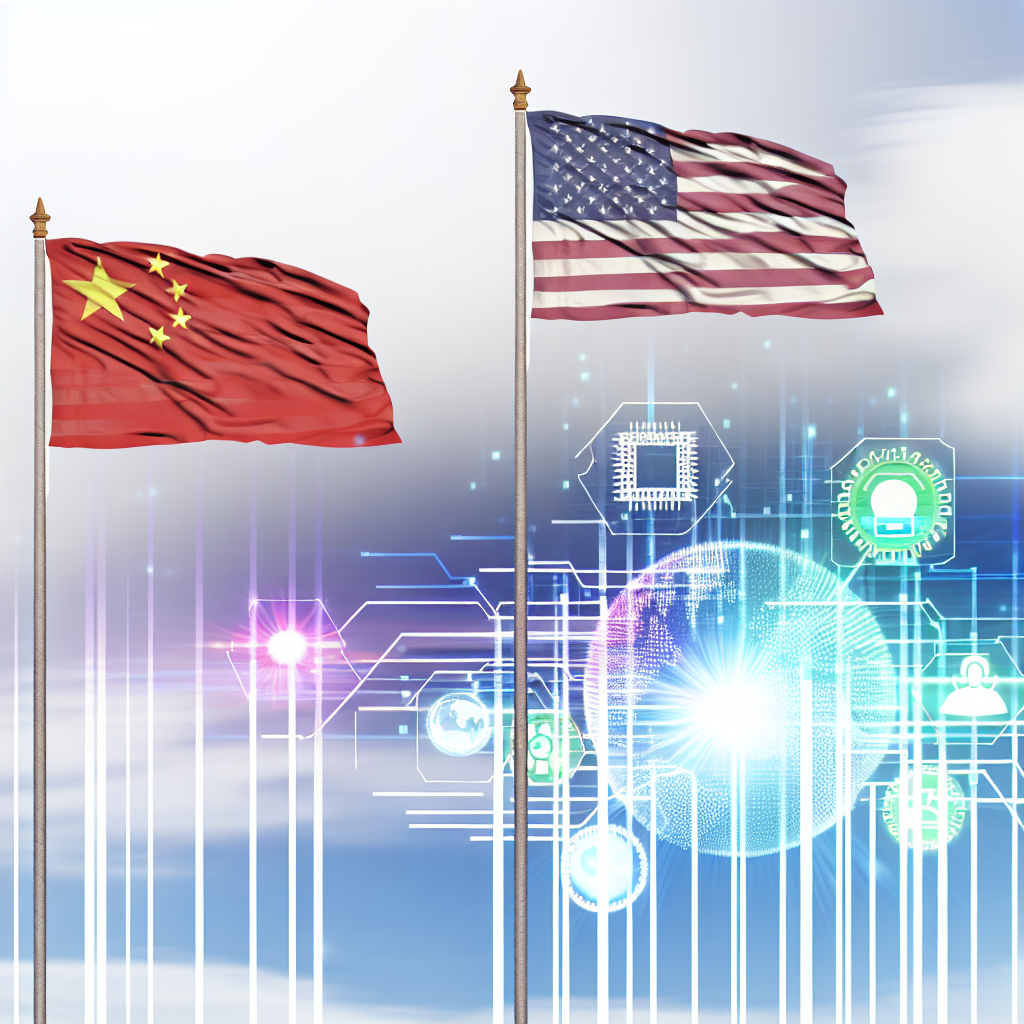Activities
Divisions
Performances
Activities
Divisions
Performances
US Congressional Committee on Foreign Affairs approves legislation to examine US-China scientific agreement, relations set to deteriorate further
In spite of the continuing technological conflict between the US and China, some areas of cooperation existed due to scientific and technological pacts between the nations. Nevertheless, with escalating tensions, future collaborations may not proceed as seamlessly.
On Thursday, the US House Foreign Affairs Committee gave unanimous approval to a bill. The goal of this legislation is to enhance the monitoring role of Congress in future dealings of the State Department concerning science and technology contracts with China.
The bill, brought forward by Kentucky's Republican Representative Andy Barr, requires the Secretary of State to provide Congress with comprehensive data about certain agreements. This includes outlining their advantages and disadvantages before proceeding with them.
Should the proposed policy be implemented, the government would be required to delay any progression with these deals for a minimum of 30 days after submission. This would give Congress the opportunity to assess potential threats to national security and consider the impact on human rights.
With a unanimous 50-0 vote, the bill has gained the committee's sanction, paving the way for more legislative proceedings. However, the schedule for a vote in the House and Senate remains undecided.
The proposed legislation could potentially hinder the regular renewal of the Science and Technology Agreement (STA) between the USA and China. This agreement was first established in 1979 by US President Jimmy Carter and Chinese Premier Deng Xiaoping, marking the first bilateral agreement between the two countries. The STA is usually renewed every half-decade, but it has recently been extended for six months at a time, with the latest extensions occurring in August and February.
The existing pact has allowed both US and Chinese scholars to enjoy financial, legal, and political backing for several years, promoting cooperative scientific ventures. Supporters maintain that the STA safeguards US scientists working in China and aids research in America by granting access to vital Chinese databases, especially in areas such as health research.
Nonetheless, skeptics contend that China's supervision and management of science and technology projects within its territory have enabled it to take advantage of the STA. They suggest that China has used this to target scientific deficiencies and capitalize on the dispersed US academic environment, helping them to gain the upper hand in areas like electric vehicle and renewable energy sectors.
Advocates for the legislation underscore the importance of gauging hazards and appraising the influence of the STA on American ingenuity. Mike Gallagher, a Republican Representative from Wisconsin who presides over the House Select Committee on the Chinese Communist Party, underscored China's exploitation of American scientific transparency for theft of research and furtherance of its own objectives, such as military growth.
The joint-party legislation also aims at the leadership of the Chinese Communist Party, suggesting penalties for all 205 members of its Central Committee and their grown-up relatives. The bill was put forward by Representative Lisa McClain, a Michigan Republican, and it was approved with a 28-22 vote. The legislation grants the president the power to dismiss these penalties if Beijing shows progress in different sectors, such as its dealings with Uygur Muslims and its conduct towards Taiwan and Hong Kong.
Proponents see the law as crucial for promoting accountable actions from the Chinese Communist Party. However, opponents, including the committee's leading Democrat, Representative Gregory Meeks from New York, argue that such extensive sanctions may harm US-China relations and potentially hinder American officials and businesses from interacting with Chinese counterparts to further US interests.
Look for us on YouTube
Highlighted Shows
Associated News
Altercation at the US-Mexico line: Immigrants, protesting against Texas' fresh immigration legislation, snap through razor barriers, confront border officers
Apple's CEO Tim Cook declares China as a 'vital' element in the company's operations, commits to further investment
China and Russia agree with Houthis to ensure maritime safety in the Red Sea
Medical Breakthrough: The first ever transplant of a genetically modified pig kidney into a living patient
Altercation at the US-Mexico line: Immigrants, protesting against Texas' fresh immigration legislation, snap through razor barriers, confront border officers
Apple's CEO Tim Cook declares China as a 'vital' element in the company's operations, commits to further investment
China and Russia agree with Houthis to ensure maritime safety in the Red Sea
Medical Breakthrough: The first ever transplant of a genetically modified pig kidney into a living patient
can be found on YouTube.
Firstpost holds all rights, protected by copyright, as of 2024


























+ There are no comments
Add yours